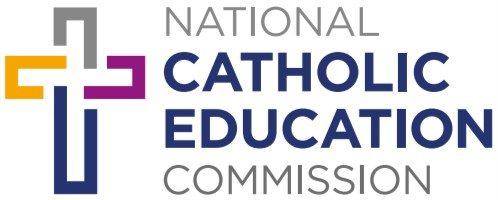-
Magnificat
The traditional title for the pregnant Mary's song of praise of God, Lk 1:46-55, taken from its first word in Latin: "[My soul] praises".
-
Mark [Gospel of]
Considered to be the earliest Gospel, written around 65-70 for a community of Gentile Christians who were suffering persecution, perhaps in Rome. It is short and may well reflect the teaching of Peter. It presents Jesus as the Son of God and as a suffering and misunderstood Messiah. It almost certainly had an “ending” added to it with the original version finishing with fearful women running from Jesus’ empty tomb.
For more information please see the Gospel of Mark. -
Matthew [Gospel of]
Thought to have been written in the 80s for a community of Jewish Christians, it presents Jesus as the fulfilment of the prophecies made in the Hebrew Scriptures, as the Son of God, the new Moses, a great teacher and lawgiver. The bulk of this Gospel can be seen as a repeated pattern of Jesus giving a major address to his disciples or a crowd, followed by descriptions of Jesus’ activities. Like Luke’s Gospel, Matthew’s is thought to draw heavily for much of its content on Mark’s Gospel and a lost source document scholars call Q.
For more information please see Gospel of Matthew. -
Messiah
Hebrew for the annointed one (in Greek the translation is Christ). The term is sometimes used to refer to saviour or liberator. -
Miracle story
Events in the four Gospels and occasionally in the Acts of the Apostles where we read of Jesus and then his followers showing God’s love for people who have faith by doing things beyond what is normally possible for a human being. These miracles (from a Latin word meaning to inspire wonder in witnesses) include the immediate healing of sick people and control of the forces of nature.
-
Mishnah
Written collections of the oral tradition of the Torah presenting explanations and interpretations. It is not itself part of the Scriptures.
-
Mission
“Mission” comes from the Latin word for 'send'. God sent Jesus to proclaim the Reign of God, God's plan for the world, and Jesus sends his community of disciples, the Church, to proclaim his Good News. It is why the Church exists, not for itself but for God's mission.
-
Moses
A highly significant human figure in the Torah (the first five books of the Bible). However, Moses doesn’t appear until the second book - Exodus. He was and is to this day the greatest hero of the Jewish people; a man “whom the Lord knew face to face.”
-
Myth
A story with symbolic and metaphoric language that, while not literally true, expresses a deep truth about human existence and usually is treasured by a community of people.
